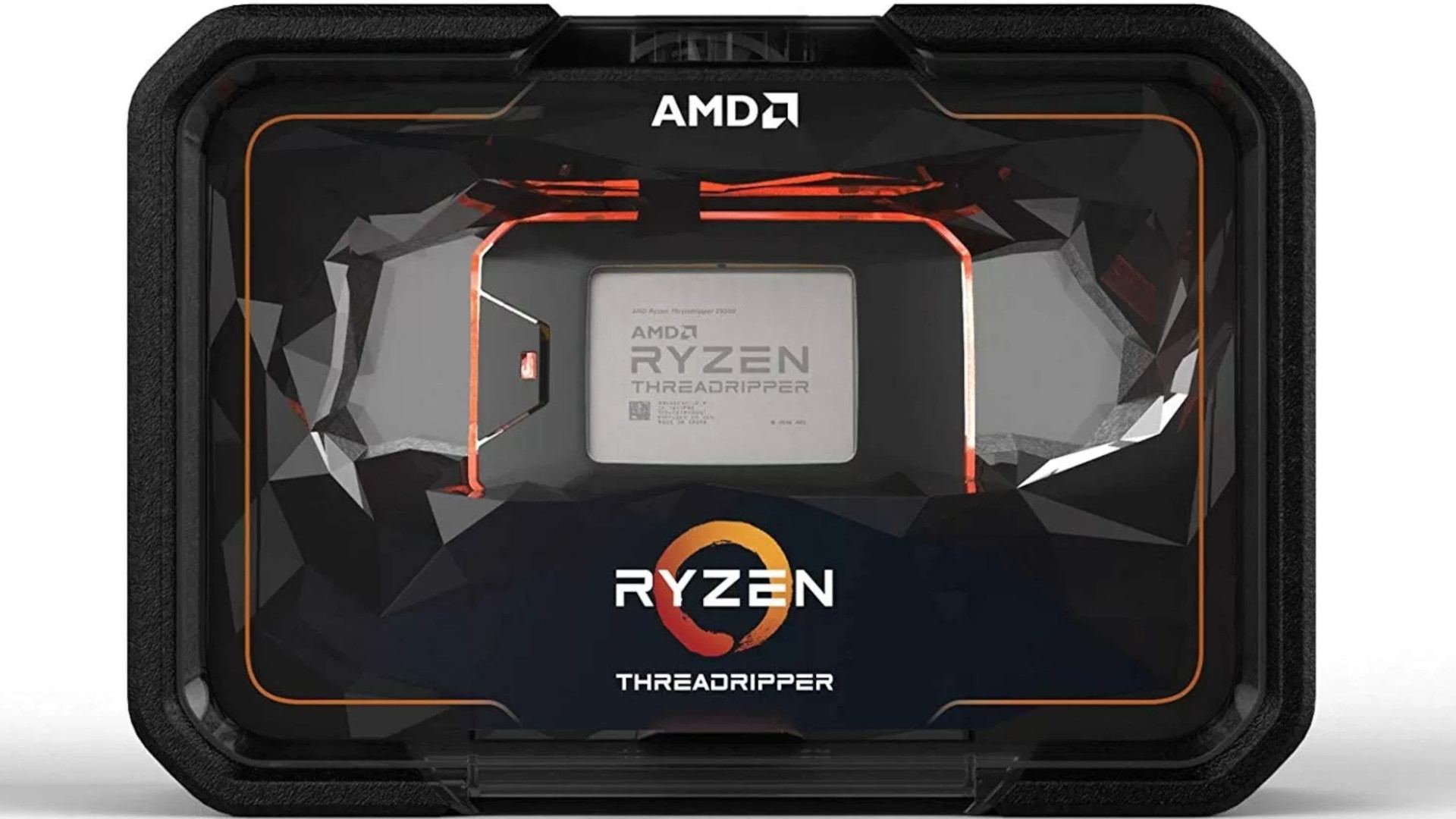With the Ryzen Threadripper family and Ryzen Threadripper 2000 series released this August, AMD methodically dismantled Intel’s entire Core X range of high-end desktop (HEDT) CPUs. The business introduced 16-core and 32-core Threadripper parts in its initial round, and today it is introducing the 12-core Threadripper 2920X and 24-core Threadripper 2970WX, which add two more alternatives.
During same time, the company also unveiled the Dynamic Local Mode feature for its 24-core and 32-core Threadripper WX family, which aids end users in overcoming many of the design issues with the multi-chip module (MCM), wherein half the dies lack local memory access.
Intel has historically outperformed AMD in terms of HEDT processor core counts. Intel introduced 12-core, 14-core, 16-core, and 18-core LGA2066 processors by utilizing its “Skylake-X” HCC (high core-count) technology. Performance-wise, the 14-through-18 core SKUs outperform the first-generation Threadrippers due to better IPC and shorter latencies brought on by the monolithic die design.
In terms of price-performance, AMD’s 12-core and 16-core first-generation Threadrippers outperformed Intel’s 8-core and 10-core SKUs. Thus, we now have new 24-core and 32-core Threadripper 2000WX components from AMD. This meant leaving the $1000-$2000 market uncontested, for which Intel had already built a use-case (prosumers who need a lot of multi-threaded performance but don’t want to spend a lot of money on workstations with 2P Xeons). The new Core X 9000-series processors are not architecturally novel, but we haven’t yet had a chance to test them.
This review examines the 12-core Ryzen Threadripper 2920X processor. Similar to its predecessor, the Threadripper 1920X from a year ago, the TR 2920X accomplishes 12 cores by having a multi-chip module of two 8-core dies with six cores each, which are in this case 12 nm “Pinnacle Ridge” dies. The two dies have a 3+3 CCX arrangement on each one. You receive faster clock speeds and all of the brand-new “Zen+” micro-architecture capabilities. Additionally, AMD is launching this chip with a SEP of $649, which is $150 less than the 1920X’s SEP.
AMD Ryzen TR 2920X Specifications
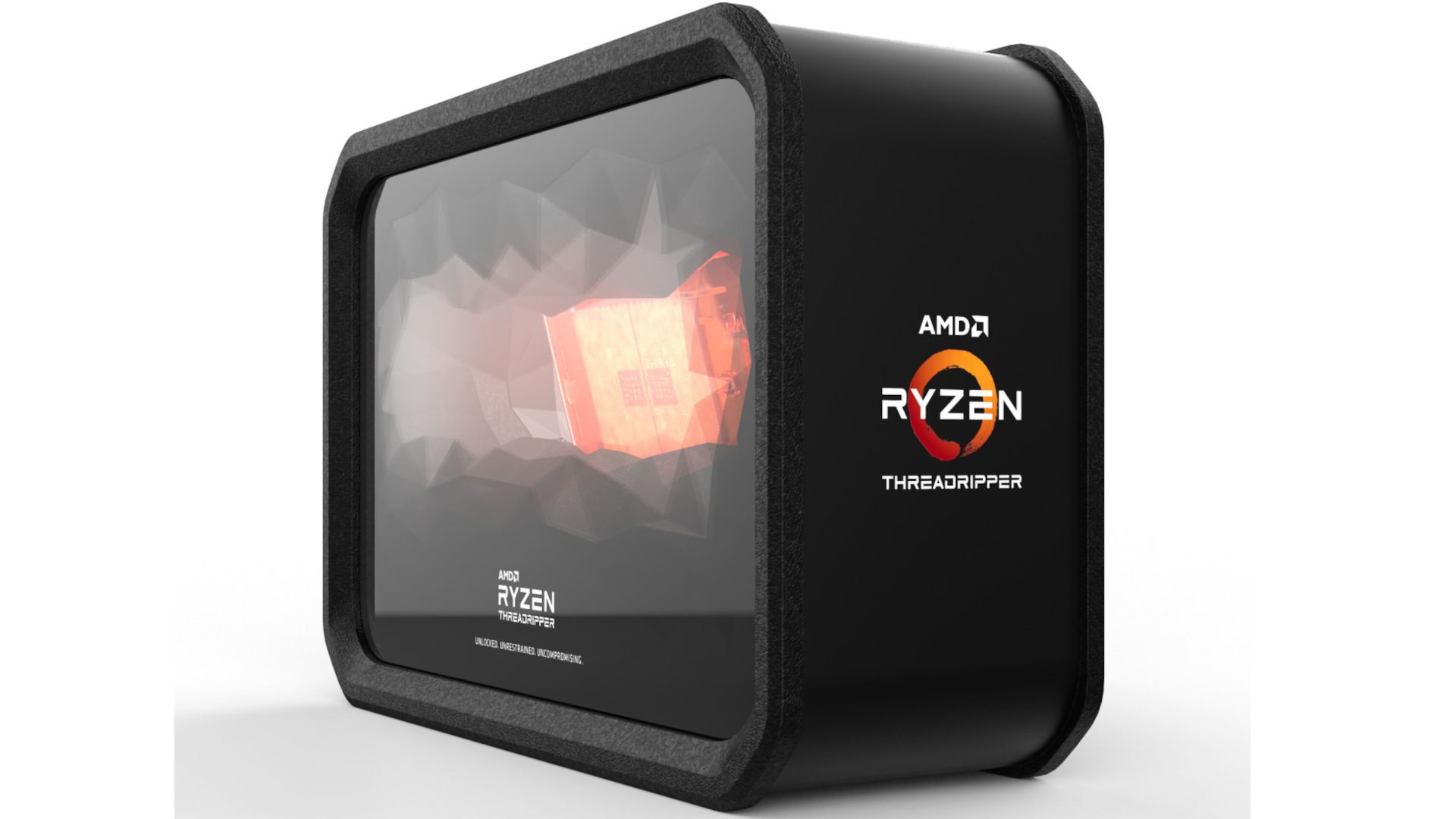
This part has 24 threads and 12 cores. Its base frequency is 3.5 GHz, while its maximum turbo frequency is 4.3 GHz. The cost of this CPU will be $649 USD. The TDP of this processor at maximum load is 180 Watts.
However, compared to the 2950X, the Threadripper 2920X has four fewer cores, eight fewer threads, and a 100MHz lower maximum boost frequency. Even so, it has the potential to reach 4.3GHz, and when combined with AMD’s improved boosting algorithms, the Threadripper 2950X has already demonstrated that AMD isn’t relenting in its efforts to put pressure on Intel at the top end, outperforming the 1950X across the board in both lightly-threaded and multi-threaded applications.
In terms of I/O, it is unmatched in Intel’s lineup at $649 and offers the full 64 PCIe lanes of the X399 platform, which are currently only available on Intel’s Core i9-7900X and higher models. However, this is expected to change with the introduction of the new 9000-series HEDT CPUs, which will offer the full number of lanes all the way down the stack.
AMD Ryzen TR 2920X Specs
| Platform | Boxed Processor |
| # of CPU Cores | 12 |
| Base Clock | 3.5GHz |
| L3 Cache | 32MB |
| Unlocked for Overclocking | Yes |
| Max. Operating Temperature (Tjmax) | 68°C |
| Product Family | AMD Ryzen™ Processors |
| # of Threads | 24 |
| L1 Cache | 1.125MB |
| Default TDP | 180W |
| CPU Socket | sTR4 |
| Launch Date | 10/18 |
| Product Line | AMD Ryzen™ Threadripper™ Processors |
| Max. Boost Clock | Up to 4.3GHz |
| L2 Cache | 6MB |
| Processor Technology for CPU Cores | 12nm |
| Thermal Solution (PIB) | Not included |
| *OS Support | Windows 10 – 64-Bit EditionRHEL x86 64-BitUbuntu x86 64-Bit*Operating System (OS) support will vary by manufacturer. |
AMD Ryzen TR 2920X Benchmarks
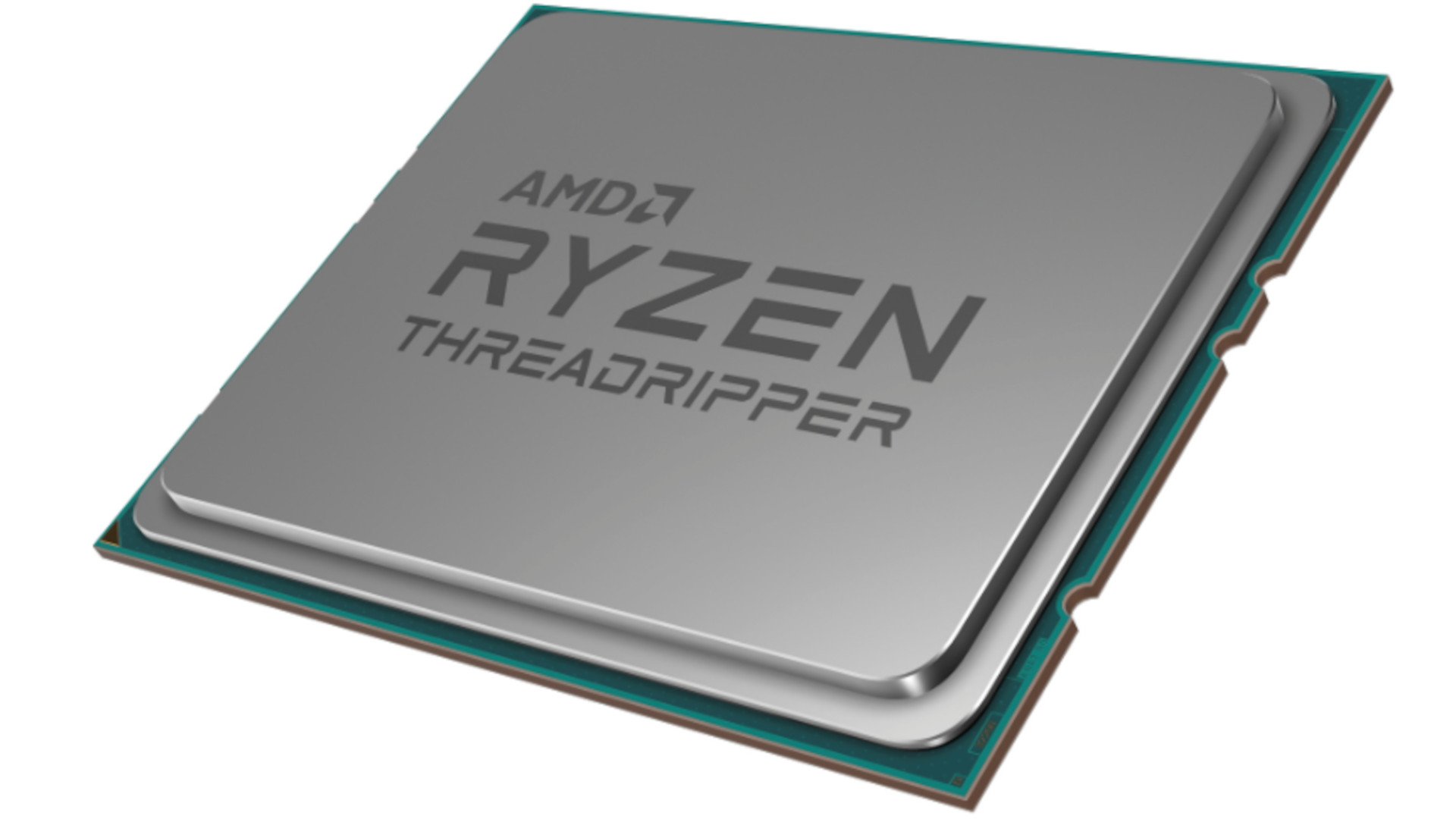
Oddly enough, despite having twice as many cores, the Threadripper 2970WX and the 2920X perform very similarly when comparing the total performance rating. There are just too many cores and threads for many programs to handle. Given that the number of cores is rising, we anticipate software developers to eventually adjust to this evolution, which could change once they start optimizing their apps in accordance.
The cost of AMD’s Ryzen Threadripper 2920X and Intel’s octa-core Core i9-9900K is relatively similar. Due to its significantly better single-core performance, it was able to exceed AMD’s 12-core CPU in our performance ranking by 6%. It outperformed the 2920X by 20% in Cinebench R15’s single-thread test, while AMD’s rival was 29% faster in the multithread test.
To measure a CPU’s capacity for continuous load, we repeatedly execute the multithread test in Cinebench R15. With an average clock frequency of 3.76 GHz, the test’s average power consumption was 149.7 W. Peak temperature was near to 60 °C, which was acceptable because there was an AIO cooler and 240 mm radiator in place. The CPU performed admirably in this test, scoring over 2,600 points on average with three glaring decreases in performance. These are thought to have been brought on by incidental activities. Overall, the AMD Ryzen TR 2920X displayed no symptoms of throttling or overheating under prolonged load.
The AMD Ryzen Threadripper 2920X is a very fast competitor and gives ample of performance for working and gaming, as has already been noted numerous times in this review. The 12-core CPU even defeated its 24-core sister in PCMark 10. We assume that with that many cores, PCMark no longer scales particularly effectively. In regular use, the system seemed quick and fluid with no discernible latency.
For all X399 motherboards, AMD launched a utility called “StoreMi” as part of their second-generation Threadripper processor. This utility creates a single drive out of up to two storage devices and up to 2 GB of RAM. Then, after examining each user’s unique usage habits, it stores frequently used programs and files on the quicker storage media.
AMD Ryzen TR 2920X Gaming tests
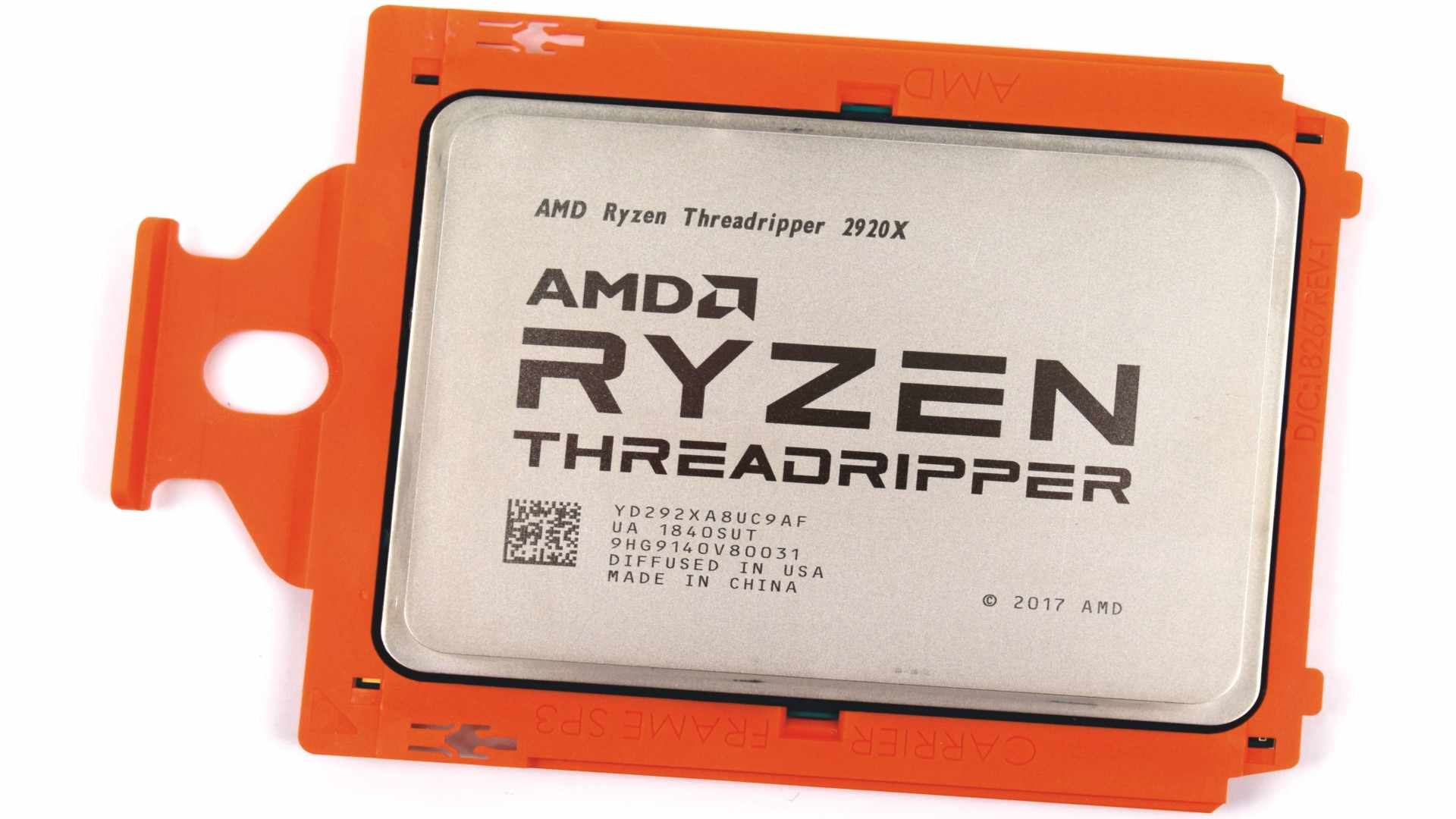
Our tests have proved that AMD’s attention to gamers and people who prefer to stream their gameplay for the AMD Ryzen TR 2920X and 2950X is more than simply a publicity ploy. The AMD Ryzen TR 2920X ran about 10% quicker than the Threadripper 2970WX, which has a total of 24 cores and thus, on paper, has substantially higher multithread performance (performance rating). The Core i9-9900K from Intel was 10% quicker. The major flaw with AMD’s Threadripper platform is that it costs a lot more than AMD’s AM4-based Ryzen 5 and 7 processors, which are likewise incredibly fast and can be thought of as a secret weapon for gamers.
A strong overall performance should be especially important to gamers who live-stream their gameplay, and the 2920X delivers. This processor can handle a ton of background work while still being excellent for gaming. The update won’t be evident if you already use a first-generation Threadripper. But now that the cost of the first-gen is probably going to fall down, we strongly advise giving that more thought as well.
AMD Ryzen TR 2920X Final Thoughts
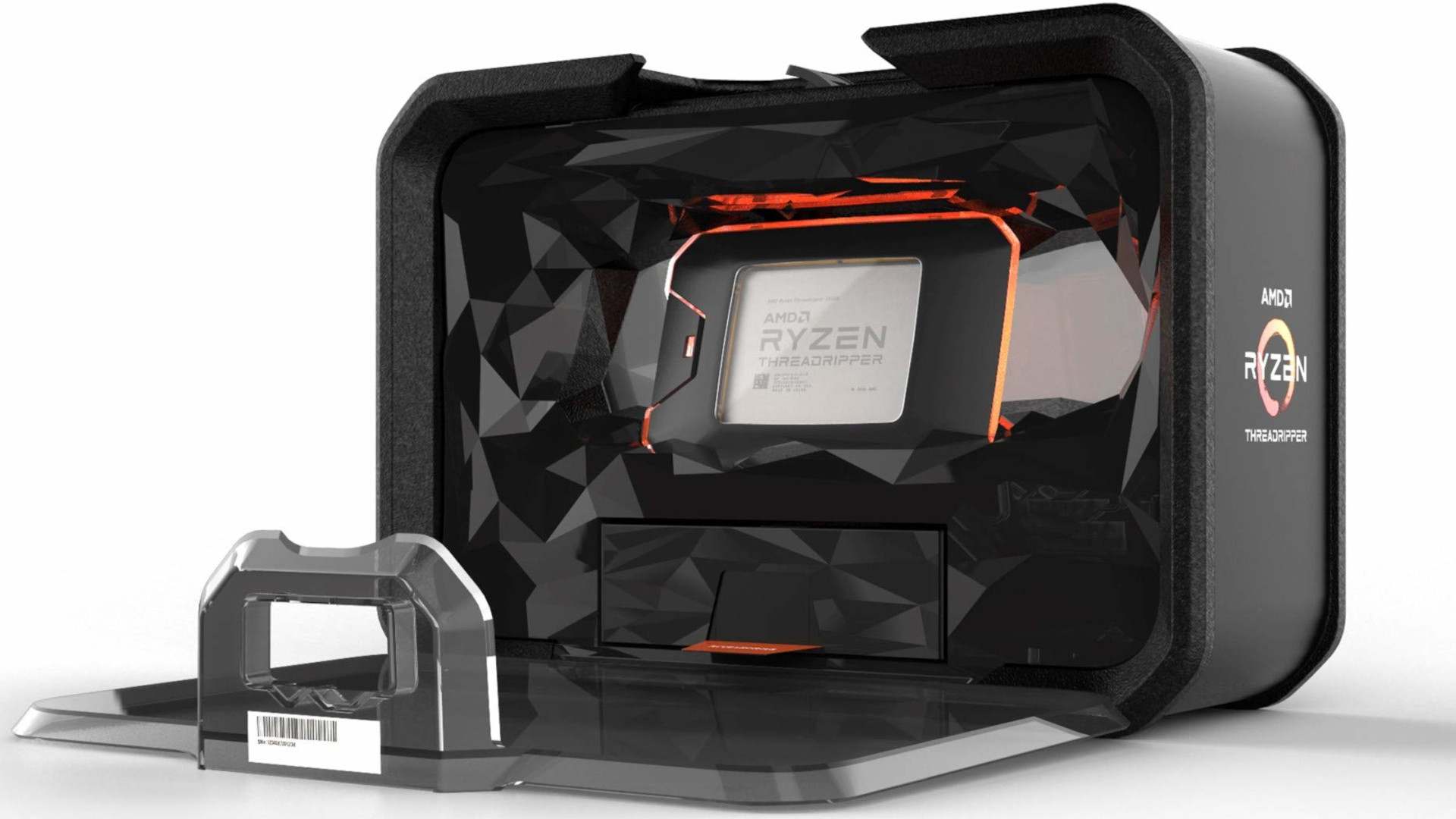
For your threading requirements, AMD once more offers a multi-core solution. Things are more challenging this time around for the 2920X specifically because its price is similar to that of the Core i9 9900K. With four more cores, AMD provides more value, and for your threaded needs, that will make a bigger difference.
However, because to the high clock rates, Intel can compete well with the 9900K at 8 cores. In terms of gaming, AMD is now much behind Intel in the enthusiast class graphics card market. This is entirely because of the more complex multi-chip design and the requirement for higher clock rates.
I have some doubts about the popularity of the 12 core parts since I believe that most consumers will wait until the 7nm dies arrive next year, which should result in higher per-core clock rates for the whole Ryzen and Threadripper series. I’m trying to suggest that once you acquire a 16 or more core part, threadripper probably makes the most sense. Anything less than that is simply too competitive with Intel’s most recent Coffee Lake processors and the Ryzen 7 range.
Is AMD Ryzen TR 2920X worth it?
With 12 cores and 24 threads, the AMD Ryzen TR 2920X is a second-generation Threadripper processor. Its performance is often excellent, particularly when working with several threads, which makes it appropriate for demanding activities like video editing, 3D rendering, and content production.
What makes the AMD Ryzen TR 2920X “worth it” for you will depend on your use case, price range, and level of performance. Here are some things to think about:
Multithreaded Performance: The AMD Ryzen TR 2920X can offer good performance if you frequently use apps that can take use of numerous cores and threads.
Budget: The 2920X and other Threadripper CPUs are high-end models that can cost more than ordinary processors. Think about your spending plan and whether the improved performance is worth the money for your requirements.
Gaming: A standard Ryzen processor, such as one from the Ryzen 7 or Ryzen 9 family, may provide greater value for your money if gaming is your major priority. increased clock speeds and single-threaded performance generally outperform increased core counts in games.
Future-Proofing: As software continues to use more cores and threads, a higher core count may be advantageous if you’re searching for a system that will be useful in a few years.
Workload: Take into account the particular programs and jobs you’ll be using. The extra cores that Threadripper CPUs offer may not be completely utilized by certain applications, therefore it’s critical to match the CPU to your particular workload.
Purchasing it or not will rely on your use case and financial situation. The AMD Ryzen TR 2920X might be a suitable option if you’re searching for a CPU that can manage intensive multitasking, streaming, or video editing. However, the Threadripper 2920X is not optimized for gaming, so if you’re looking for a processor for gaming, you might want to check at other possibilities.
A TechPowerUp review claims that the AMD Ryzen TR 2920X is a nearly flawless high-end desktop processor at a low cost 3. However, the Intel Core i9-9900K’s superior performance at a reduced cost means that this CPU’s 12 cores and 24 threads represent its greatest value.
Is AMD Ryzen TR 2920X good for gaming?
The AMD Ryzen TR 2920X is a workstation and desktop CPU intended for high-end use. There are 24 threads and 12 cores. It is not designed for gaming, even though it can manage demanding multitasking, streaming, or video editing.
A TechPowerUp review claims that the AMD Ryzen TR 2920X is a nearly flawless high-end desktop processor at an affordable price. However, the Intel Core i9-9900K’s superior performance at a reduced cost means that this CPU’s 12 cores and 24 threads represent its greatest value.
The Threadripper 2920X outperforms the Intel Core i5-10400F in multi-core performance, but the Core i5-10400F outperforms the AMD Ryzen TR 2920X in single-core performance, according to a UserBenchmark comparison.
You might want to look at other possibilities if you’re seeking for a processor for gaming. However, the AMD Ryzen TR 2920X might be a decent option if you’re searching for a processor that can handle demanding multitasking, streaming, or video editing.
Can you overclock AMD Ryzen TR 2920X?
Like many other Ryzen processors, the AMD Ryzen TR 2920X is capable of being overclocked. In order to outperform the default settings, overclocking entails raising the clock speeds of the processor cores and maybe modifying other parameters.
AMD’s official overclocking tool, the AMD Ryzen Master program, can be used to overclock the AMD Ryzen TR 2920X. Ryzen Master offers an intuitive interface for modifying a range of specifications, like as voltages, clock speeds, and memory configurations.
The general procedures for using Ryzen Master to overclock are as follows:
Download Ryzen Master: The official AMD website is where you can get Ryzen Master.
Install Ryzen Master: To install the Ryzen Master program on your computer, adhere to the installation guidelines.
Start Ryzen Master: To utilize the overclocking options, open the Ryzen Master application.
Modify Settings: Ryzen Master gives you the ability to modify voltage, core clock speed, and other settings. Gradually adjust while keeping an eye on the system’s temps and stability.
Stress Testing: To make sure your system is stable after making changes, you must stress test it. For stress testing, programs such as Prime95 or AIDA64 can be utilized. Make sure the temperature stays within safe bounds by keeping an eye on it.
Fine-Tune: The process of overclocking is iterative. Adjusting your settings may be necessary to achieve the best possible balance between stability and performance.
It’s crucial to remember that overclocking has certain hazards and can break your warranty. It’s also important to keep an eye on temperatures and make sure your cooling solution is sufficient because elevated power consumption and heat generation might negatively affect the stability and longevity of your system.
Always consult your motherboard’s official literature, as different motherboards could have different overclocking-related BIOS settings. When overclocking, keep in mind the restrictions of your particular CPU and cooling setup.
What temperature should an AMD Ryzen TR 2920X run at?
The best temperature range for an AMD Ryzen TR 2920X to operate at is dependent on a number of variables, including as the task being carried out, the room’s ambient temperature, and the cooling solution being used. On the other hand, AMD usually specifies a maximum safe operating temperature for its CPUs.
The maximum recommended temperature (Tj Max) for the AMD Ryzen TR 2920X is normally between 68 and 72 degrees Celsius. Maintaining a processor temperature below this threshold is crucial for consistent and dependable operation.
Nevertheless, in order to get maximum performance and to account for possible temperature spikes during demanding tasks or overclocking, many users try to keep their CPUs operating at lower temperatures. To ensure longevity and stability, it is a good practice to keep temperatures considerably below the maximum specified limit.
You can utilize third-party programs like HWMonitor, Core Temp, or MSI Afterburner, or a variety of software tools like AMD Ryzen Master to keep an eye on temps. These tools give you access to real-time temperature data on your processor and other important system parts.
Additionally, having a well-ventilated enclosure and a strong cooling system are essential, particularly if you have overclocked your processor or are operating it under intense workloads. Always check the specifications and recommendations provided by the manufacturer for your particular cooling solution to be sure it can withstand the heat demands of your CPU.
How much power does AMD Ryzen TR 2920X draw?
The TDP of the AMD Ryzen TR 2920X is 180 watts. When overclocked, the Threadripper 2920X can draw more than 300 watts, according to a TechPowerUp review.
It’s vital to remember that your system’s cooling solution, workload, and other elements can all affect how much power your processor uses.
AMD Ryzen TR 2920X
-
Performance - 97%97%
-
Price - 94%94%
-
Value - 96%96%

